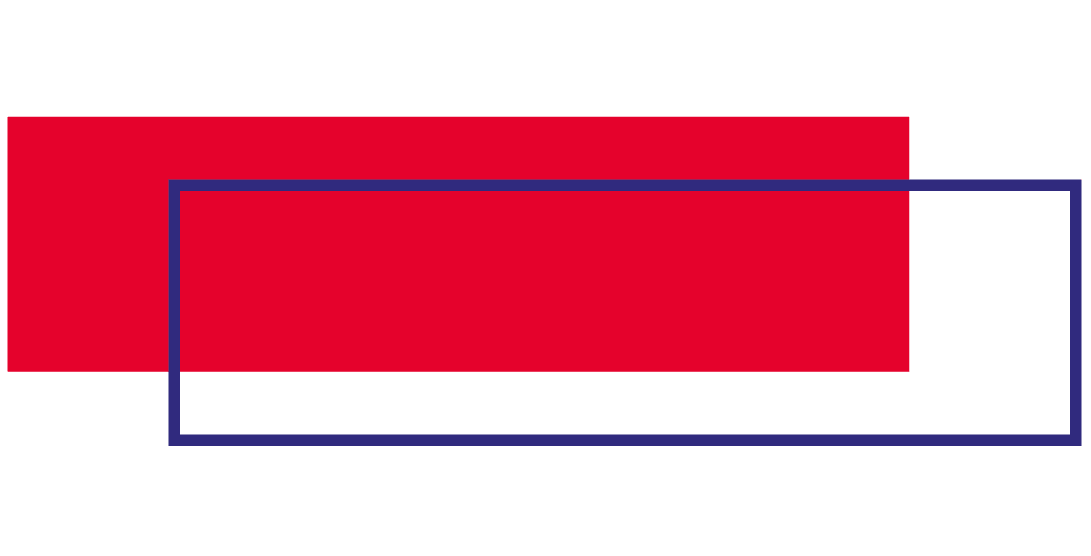The physical and emotional distance between people and wildlife has been talked about for years. This is having an impact on the drastic loss of biodiversity, especially in cities.
Rapidly modernising cities often leave no room for local ecosystems, creating infrastructures that are exclusively for the benefit of humans, but not of animals or plants. Due to high levels of urbanisation and widespread homogenisation of the landscape, a large number of wild insect species are experiencing significant habitat loss and food shortages. On the 5th of October, VšĮ „Dizaino draugai“ invites Kaunas habitants to a creative workshop: participants, with the help of experts, will look for ways to improve a tool kit design and installation processes of wild insect nests. According to the organizers of the event, this is one of the steps citizens can make to enhance biodiversity in their cities.
Regardless of their attitude towards the environmental issues, humans are reliant on wild ecosystems: thousands of plant species and micro-organisms filter the water we drink and the air we breathe, wild insects pollinate the plants that become the fruit and vegetables on our tables, says project lead Justė Motuzaitė. „In times of unprecedented heat waves, flooded cities and droughts, one thing is certain: most ecosystems will adapt to drastic ecological and climatic changes. But will humans be able to live in this new environment? One of the factors of a healthy ecosystem is the diversity of species and their interactions – it provides more resilience to various environmental disturbances.“, master student in Delft University of Technology explains the possible solutions to this issue. That‘s where the idea for BiodiverCities I educational project came from, as a mean of protecting the wild biodivercity in the city. The project is implemented in collaboration with DesignLibrary network, HyperInk, Kaunas fortress park, T-Factor project, KTU Design Centre and VDU Botanical garden.
A conceptual design toolkit for the DIY production of wild insect housing structures has been developed by project leader Justė Motuzaitė (Integrated Product Design master student at Delft University of Technology) for the European Project “Urban Wild Pollinators” (2021). Together with partners from HyperInk she organised an educational workshop and introduced the toolkit at the Giardino San Faustino community garden in Milan, Italy. This kit allows the construction of an insect pollinator habitat module without prior knowledge in design or biology, which, when installed in a selected natural site, will create a favourable living environment for a variety of wild insect species. Kaunas residents will have the opportunity to contribute to the improvement of this tool kit, and they will be able to use the knowledge they have gained to create new wild spots in the city.
The aim of the project is to raise awareness of the importance of wild insects in maintaining biodiversity through design tools and to encourage citizens to create urban wild spots. „Urban biodiversity is now a popular, vocal and very emotional topic in the public eye. The lack of dialogue between citizens and city authorities fuels polarised arguments but does not provide direction for meaningful action. Building a resilient urban ecosystem requires a cultural shift based on facts rather than opinions“, – says Justė Motuzaitė. According to her, these seemingly simple, but action-empowering activities can change our way of thinking from egocentric to ecocentric, and even initiate a dialogue with city-making institutions.
The workshop will take place in Kaunas Fortress Park, along side where the city municipality is developing the Aleksotas Innovation Industrial Park (AIIP) on the site of a former aviation factory. Due to the close cooperation with the T-Factor project, this workshop will be one of the temporary activities of the Kaunas pilot, aimed at implementing innovative methods of urban regeneration. The AIIP covers an area of 30 hectares, bordering in the northern part with the Kaunas Fortress fortifications, located on the slopes, surrounded by nature. The development of the park will lead to the urbanisation of this area, which will radically disrupt the local ecosystem.
Workshop participants will use design thinking principles and personal experiences of living in the city to find ways to improve the tool kit design and installation processes of wild insect nests, making them a clearly understandable and easily accessible tool for biodiversity enhancement for city residents. It is hoped that the co-creation exercises and the site-specific regeneration concepts will help participants gain a clearer understanding of the global threats to wildlife loss and stimulate the development of local environmental initiatives.
Educational workshop will take place on the 5th of October, 11 am – 5 pm, at Kaunas Fortress Park Workshop area (Lakūnų pl. 63, LT-46290, Kaunas).
Workshop guide: project leader Justė Motuzaitė (Integrated Product Design master student at Delft University of Technology).
The project is financed by the Lithuanian Council for Culture.


